Making the case for No to Indigenous voice to parliament, straight from horse’s mouth
The only thing Yes activists hate more than No campaigners misquoting them is No campaigners quoting them accurately.
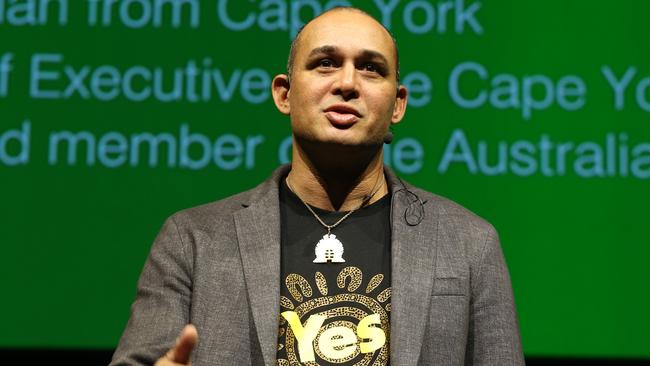
There are two reasons for that. First, the whole Yes case was predicated on a marketing strategy to sell the voice on the vibe and steer away from the facts. The plan is to win on the back of a soft-focus ad campaign full of acoustic guitars, emotional messages about recognition and generosity, with celebrity endorsements devoid of fact and with as little mention as possible of the consequences of the voice itself.
When the No campaign injects some basic curiosity about the voice’s actual powers and about the real agenda of its core supporters, it upsets that carefully crafted spin.
Second, nobody makes mincemeat of the Yes case arguments anywhere near as effectively as the Yes advocates. The Yes case is most powerfully condemned out of the mouths of its own supporters.
It was no surprise, then, though highly amusing, to read that constitutional law professor Greg Craven said he “was beside myself with rage” after one of his quotes was repeated, perfectly accurately, in the official No pamphlet. Craven had said: “I think it’s fatally flawed because what it does is retain the full range of review of executive action. This means the voice can comment on everything from submarines to parking tickets … We will have regular judicial interventions.”
Craven claims he was taken out of context because he is a Yes voter. Being a Yes voter doesn’t alter the substance of what he said. He was right to point to the fatal flaw. Craven should be grateful the No pamphlet didn’t quote some of his other equally accurate and incisive comments. For example, writing in The Australian on March 24, Craven described “Anthony Albanese’s much-hyped revelation of his constitutional words for the voice” as “a ruthless con job”. Why should we doubt him?
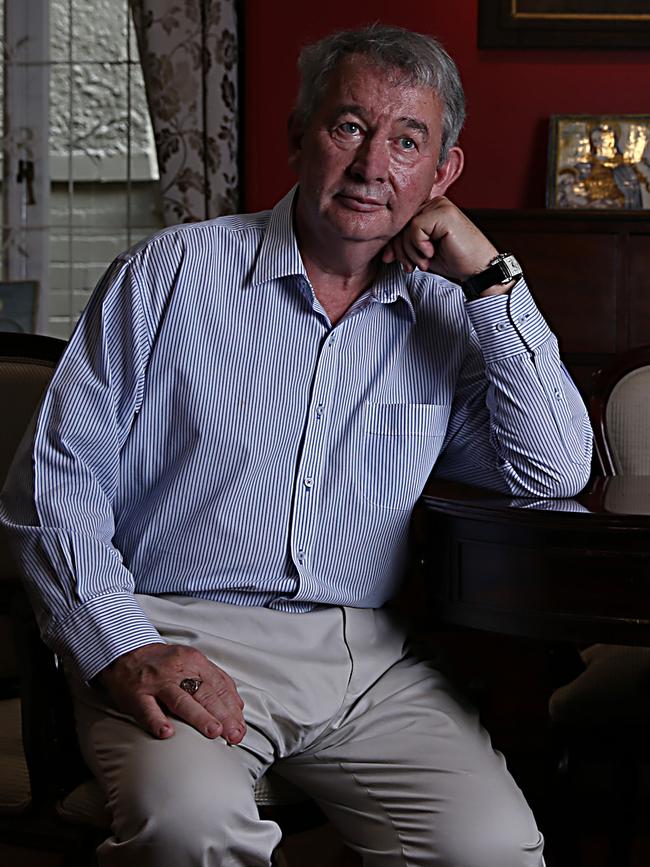
Similarly, Julian Leeser, who appears to be on a bridge-burning drill within the Liberal Party, condemned the use by the No pamphlet of quotes from Thomas Mayo, a member of the government’s hand-picked Referendum Working Group.
It’s not surprising Leeser and Yes campaigners wanted to keep Mayo’s views under wraps. Mayo was quoted, again completely accurately, as saying the voice “is the first step, it’s a vital step and it puts all the explanation behind it. ‘Pay the Rent’ for example, how do we do that in a way that is transparent and that actually sees reparations and compensation to Aboriginal and Torres Strait Islander People?”
Mayo is not some random maverick. It is quite possible, perhaps likely, he would be a member of the voice if it comes into existence. His views not only informed the design of the voice but are likely to be highly influential on the voice itself if the referendum is successful.
It is understandable that Leeser wants Mayo to disappear, or at least be given some media training, but is this fair to the Australian people? Don’t we deserve to know the views of key people driving the voice? Did Leeser so underestimate those of us who are curious about the voice that he imagined we wouldn’t do some basic homework?
Mayo’s other views on the voice’s likely agenda, if the referendum is successful, are also relevant. On June 28 the Daily Mail quoted what it called “damning tweets” by Mayo about changing the date of Australia Day. It said: “Voice to Parliament architect Thomas Mayo spent years insisting it would be the only way for the nation to determine ‘how and when we should celebrate Australia Day’ ” but had “sensationally backflipped, falling into step with a Labor government which remains adamant a date change would not be of interest to an advisory body”.

So which view will Mayo hold if he is appointed to the voice next year? His 2021 views before becoming a member of the government’s working group or his more recent views?
On the same theme, the No pamphlet might have asked if Noel Pearson still holds his view expressed in 2012: “As long as the allowance of racial discrimination remains in our Constitution, it continues, in both subtle and unsubtle ways, to affect our relationships with each other. Though it has historically hurt my people more than others, racial categorisations dehumanise us all. It dehumanises us because we are each individuals, and we should be judged as individuals. We should be rewarded on our merits and assisted in our needs. Race should not matter.”
An influential member of the Referendum Engagement Group, Teela Reid, is in no doubt about the evils of Australia Day. The No pamphlet quoted her too: “It’s always been #abolish Australia Day, changing the date is a cop out.” Leeser and other Yes campaigners no doubt want her to shut up, too.
But these people are powerful forces, deliberately chosen by the government to help design the voice. Don’t Australians need to know that these are the views from within the voice’s engine-room?
It’s understandable that a diehard voice supporter such as Leeser may not want to advertise the views of Aboriginal leaders such as Mayo and Reid lest voters discover what the real agenda of the voice’s proponents is, but this is surely no way to build trust or show respect for Australians. The last thing Yes campaigners should want is a voice won by suppressing the real agenda. A voice won by misrepresentation is a fraudulent voice that will never have legitimacy.
Leeser and others should be happy, in the spirit of a fully informed electorate, to have the full agenda of Aboriginal leaders on display. The shame is that the No pamphlet didn’t include another 10 pages of quotes from the Yes side.
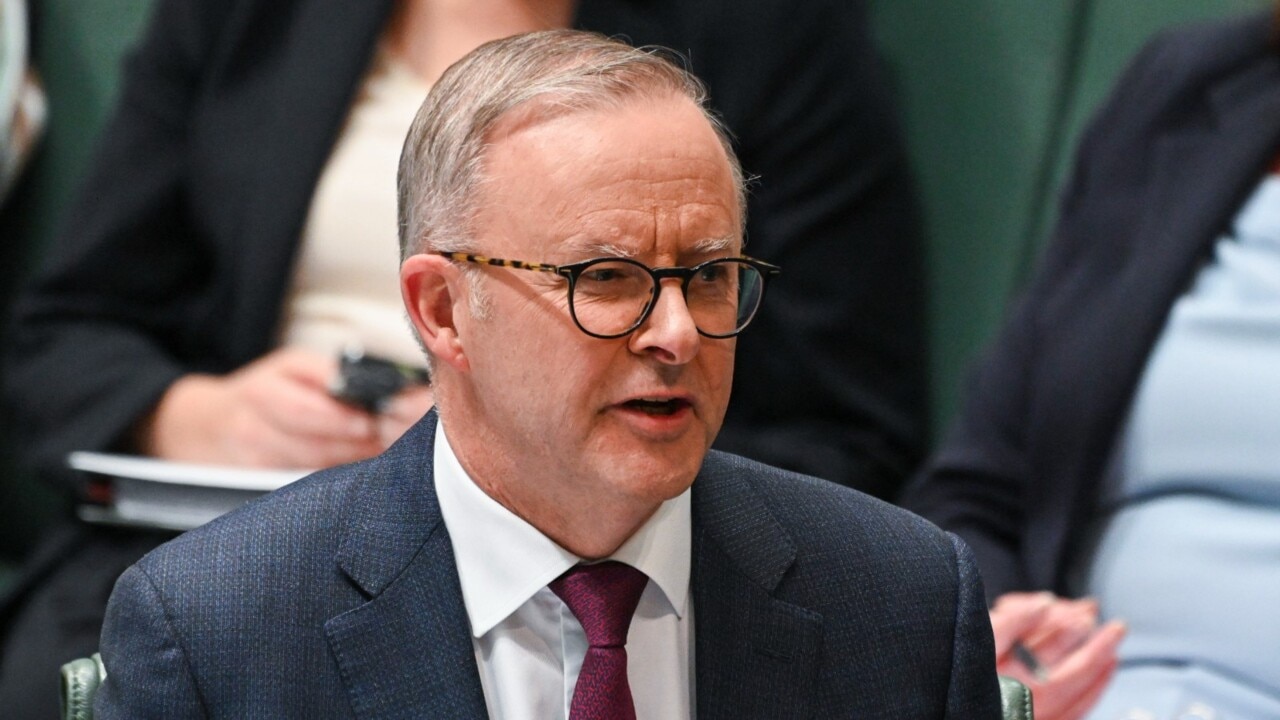
For example, it could have included Marcia Langton’s words, quoted by the Lowitja Institute: “People who are opposing (the voice referendum) are saying we are destroying the fabric of their sacred Constitution. Yes, that’s right, that’s exactly what we’re doing.” Or Langton’s threat in an interview with this newspaper a few months ago that if Australians were so ungrateful as to vote No, they could forget about asking her to do a welcome to country: “I imagine that most Australians who are non-Indigenous, if we lose the referendum, will not be able to look me in the eye,” she said. “How are they going to ever ask an Indigenous person, a traditional owner, for a welcome to country? How are they ever going to be able to ask me to come and speak at their conference? If they have the temerity to do it, of course the answer is going to be no.”
Given we would be changing our Constitution we do need the Prime Minister to lead a new spirit of full disclosure to voters by clarifying his remarks on Ben Fordham’s 2GB radio program on Wednesday. Albanese said “it’s not about treaty, it’s not about compensation”. However, he has said numerous times that his government is fully committed to the Uluru Statement from the Heart, which is crystal clear that a makarrata commission to supervise the making of a treaty is the “culmination of our agenda”. And as we know from the book Treaty by George Williams and Harry Hobbs, the aims of a treaty will include shared sovereignty and compensation. In fact, there is a large body of work on treaty, sovereignty and reparations by activist legal academics, led by Megan Davis, Williams, Gabrielle Appleby and others, that Albanese can no longer deny or ignore.
If the Prime Minister is walking away from the full agenda of the Uluru Statement and the associated academic work on co-sovereignty and reparations, the leader of the nation needs to make that clear to us. If he is not walking away from this, then it really is time that he should be honest and admit the much bigger project afoot here.




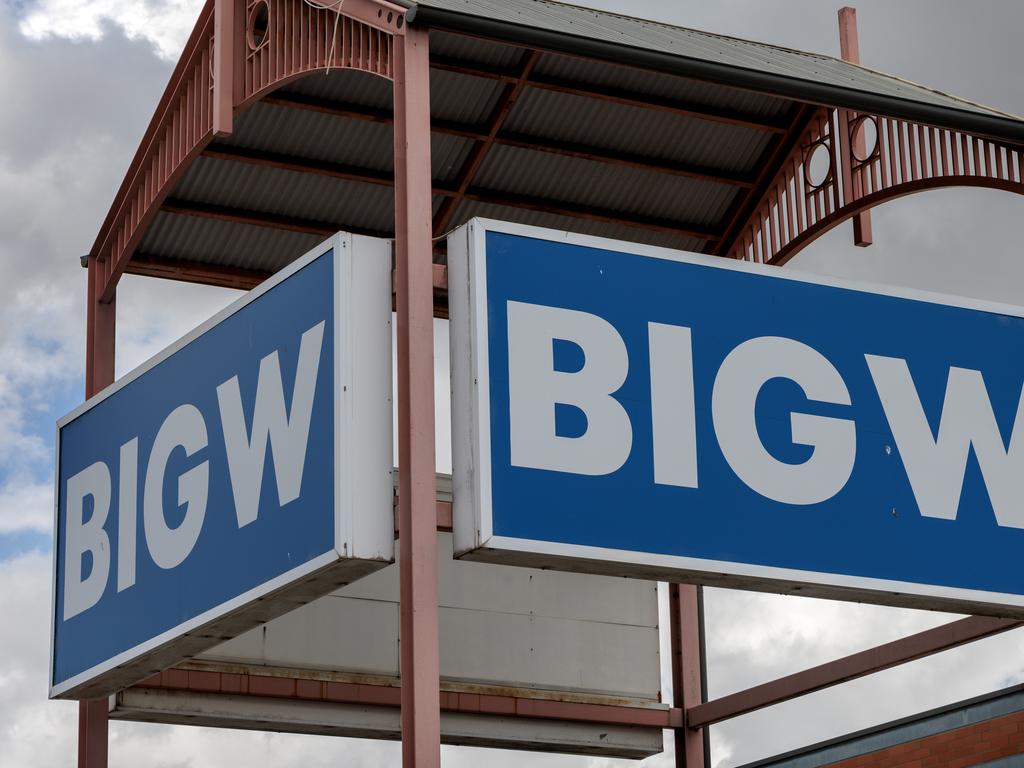
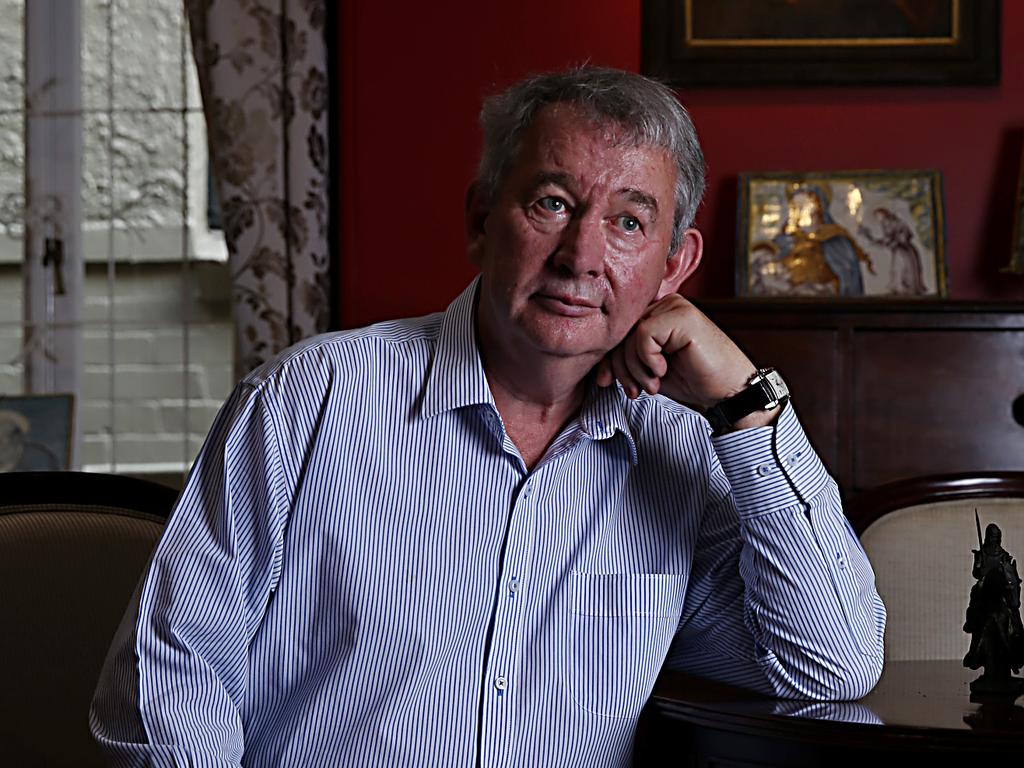


The only thing Yes activists hate more than No campaigners misquoting them is No campaigners quoting them accurately.